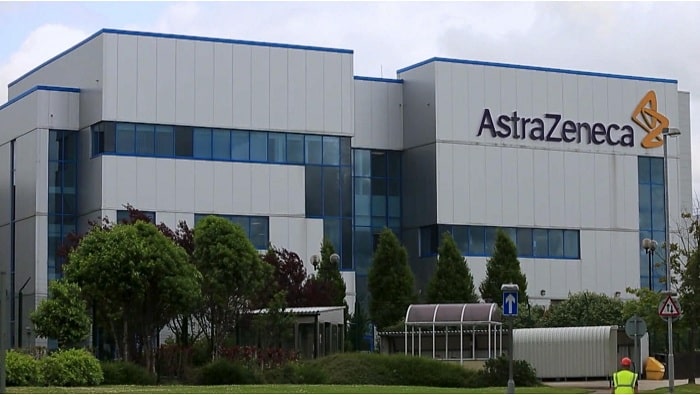The Japanese Ministry of Health, Labor, and Welfare (MHLW) has approved AstraZeneca’s immunotherapies Imfinzi (durvalumab) and Imjudo (tremelimumab) to treat advanced liver, biliary tract, and lung cancers.
The combination of Imfinzi and Imjudo has been approved to treat unresectable hepatocellular carcinoma (HCC) in adult patients.
It has also been authorised to treat unresectable, advanced or recurrent non-small cell lung cancer (NSCLC) along with chemotherapy.
AstraZeneca stated that Imfinzi is approved as monotherapy to treat unresectable HCC in adult patients and to treat curatively unresectable biliary tract cancer (BTC) along with chemotherapy (gemcitabine plus cisplatin).
The regulatory approvals are based on the data obtained from the HIMALAYA, TOPAZ-1 Phase III, and the POSEIDON Phase III trials.
AstraZeneca Oncology Business Unit executive vice president Dave Fredrickson said: “Japan has one of the highest rates of diagnosis for liver and biliary tract cancers in the world, and lung cancer remains the country’s leading cause of cancer death.
“With these approvals for Imfinzi and Imjudo, patients in Japan can now be treated with novel immunotherapy-based treatment regimens that have demonstrated significant survival benefits across three complex cancers with poor prognoses.”
The human monoclonal antibody, imfinzi (durvalumab) has been designed to bind to the PD-L1 protein and block the PD-L1 interaction with the PD-1 and CD80 proteins.
It has also been approved in Japan, EU, China, the US, as well as in many other countries to treat extensive-stage small cell lung cancer (ES-SCLC).
Imjudo targets and blocks the cytotoxic T-lymphocyte-associated protein 4 (CTLA-4) activity, which will contribute to the activation of T-cell.




















